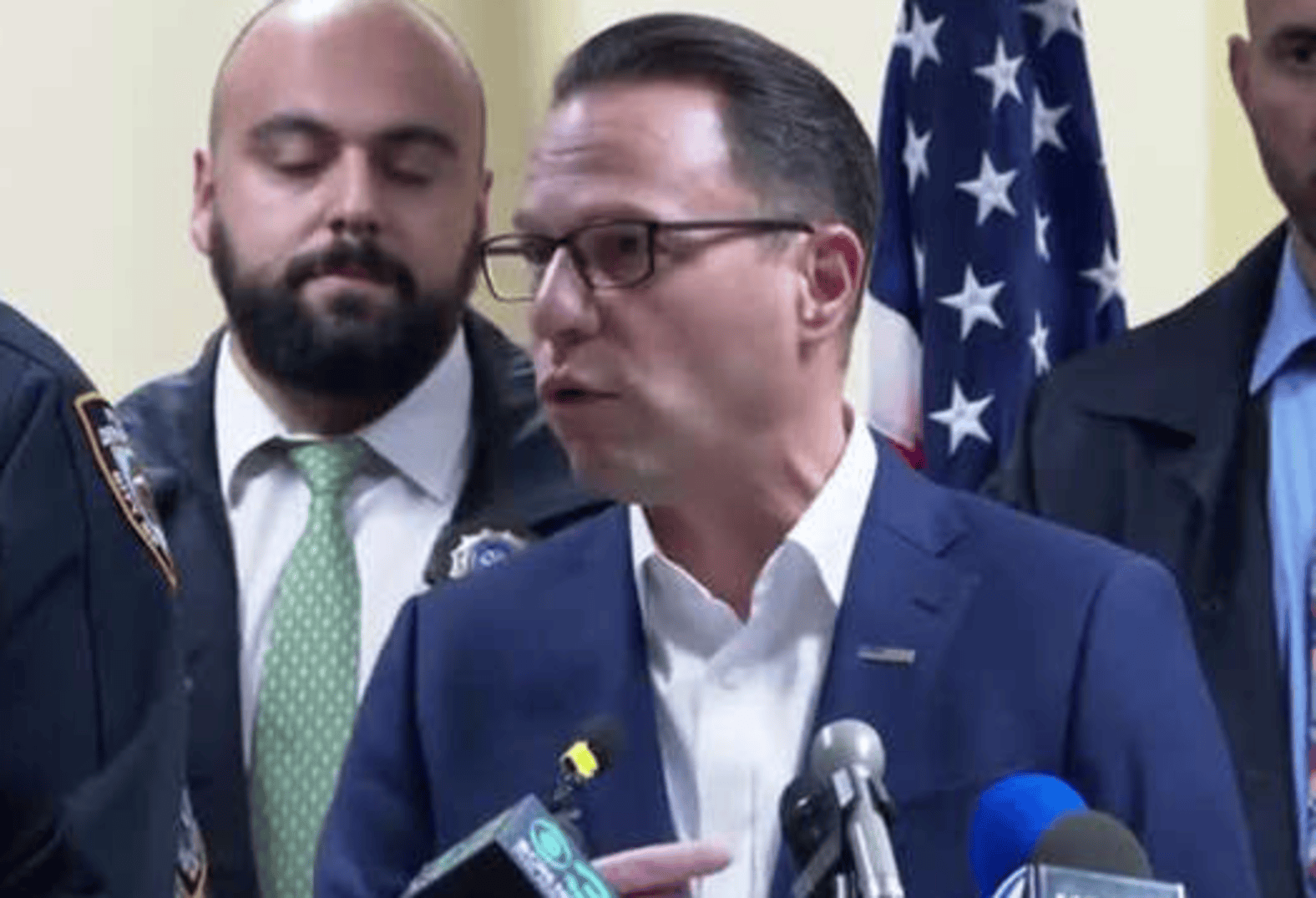
Durov Arrested: 5 Effects on Telegram .
Arrest Details
French authorities took action after discovering his name on a passenger list for a flight from Azerbaijan. The arrest happened at an airport just outside the French capital. Durov Arrested: 5 Effects on Telegram
Durov is a prominent tech figure, known for creating Telegram, a widely-used messaging app with nearly 1 billion users globally. His arrest comes amidst an ongoing investigation into Telegram’s role in content moderation. The investigation focuses on the platform’s alleged facilitation of criminal activities.
Background on the Investigation
Telegram has faced scrutiny for its handling of content, particularly with regard to illegal or extremist materials. The platform’s association with terrorist groups, such as Hamas, has raised significant issues.
Hamas, a group banned from several major social media platforms, has used Telegram to share graphic content, including footage of violent attacks. This has prompted increased scrutiny from authorities.

Telegram’s Response
In response to the arrest, Telegram issued a statement on Sunday. The company emphasized that it adheres to all EU regulations concerning content moderation. Telegram defended itself by saying it is “absurd to claim that a platform or its owner is responsible for the abuse of that platform.”
It maintains that it follows legal guidelines and works to address problematic content as required by law.
Impact on Telegram
The arrest has drawn significant attention to Telegram’s operations and its approach to content regulation. The platform’s role in enabling or preventing harmful content is a key issue in the investigation. This incident highlights ongoing debates about the responsibilities of tech companies in moderating user-generated content.
Durov’s arrest underscores the challenges faced by digital platforms in balancing user freedom with legal and ethical responsibilities. As Telegram continues to operate globally, it will need to navigate these complex issues carefully.
Global Reaction
The arrest of Pavel Durov has elicited varied reactions worldwide. Supporters of Durov argue that his arrest represents a troubling trend in the regulation of digital platforms. They believe it reflects broader concerns about freedom of speech and digital rights.
Critics, on the other hand, view the arrest as a necessary step in addressing issues related to online extremism and criminal activity. They argue that greater accountability is needed for platforms that are used to spread harmful content.
This high-profile event has not only drawn attention to Telegram but also to broader debates surrounding digital platforms and their responsibilities.
In many regions, especially where Telegram has a substantial user base, the arrest has stirred significant concern. Supporters of Durov argue that his detention signifies a troubling shift towards increased governmental control over digital communication. They fear that this case could set a precedent for the suppression of digital freedoms and potentially threaten other platforms that prioritize user privacy and free speech.
Future Developments
The legal proceedings will likely impact how Telegram handles content moderation and how it is perceived globally.
The outcome could influence how other digital platforms approach content regulation and user safety. The situation also raises questions about the responsibilities of tech leaders in managing their platforms. The arrest of Pavel Durov marks just the beginning of a complex and evolving situation for Telegram and the broader tech industry. As the investigation unfolds, several key areas will likely be scrutinized and may lead to significant changes in how digital platforms operate.
First, legal proceedings against Durov and Telegram will set important precedents for content moderation. The outcome could redefine how tech companies are held accountable for user-generated content. If the case results in new regulations or legal standards, platforms like Telegram might need to overhaul their content management practices. This could mean more stringent measures to prevent the dissemination of harmful or illegal content.
Second, the impact on Telegram’s global operations could be substantial. Telegram might face increased pressure to comply with varying international regulations depending on the legal outcome. This could change how the platform manages content across different regions, potentially affecting user experience and platform policies.
Third, the broader tech industry will be watching closely. The case could prompt other digital platforms to reassess their content moderation strategies. Companies may implement more rigorous monitoring systems or develop new protocols to mitigate the risk of being implicated in similar controversies.
Additionally, the public and political response to the case could influence future regulatory actions. Governments and regulatory bodies may use this situation to push for stronger oversight of digital platforms. This could result in new legislation or guidelines aimed at ensuring greater accountability for online content.
Finally, the case will likely affect how tech leaders approach their roles. CEOs and founders may face increased scrutiny and pressure to address content moderation issues proactively. The lessons learned from Durov’s arrest could drive a shift towards more responsible and transparent management practices in the tech industry.
As developments continue, the tech world will be closely monitoring the situation, anticipating how it will reshape the landscape of digital communication and platform governance.
Conclusion
Pavel Durov’s arrest marks a significant moment for Telegram and the broader tech community. It brings to light critical issues about content moderation, platform responsibility, and legal accountability. As the investigation unfolds, the implications for digital platforms and their operations will be closely monitored.
The case highlights the ongoing challenges faced by tech companies in managing the complex landscape of online content. Durov’s situation is a reminder of the delicate balance between user freedom and regulatory compliance in the digital age.









